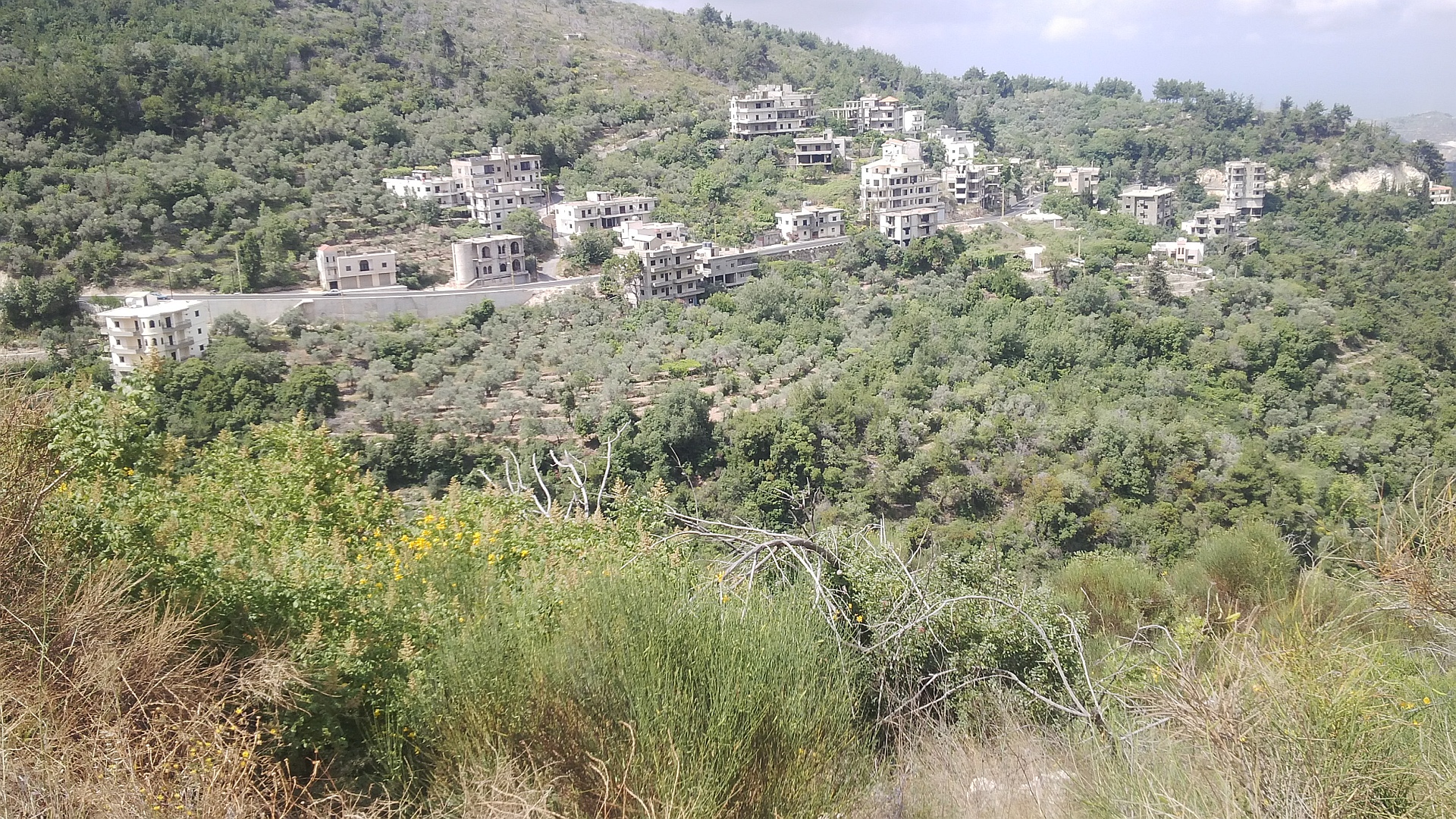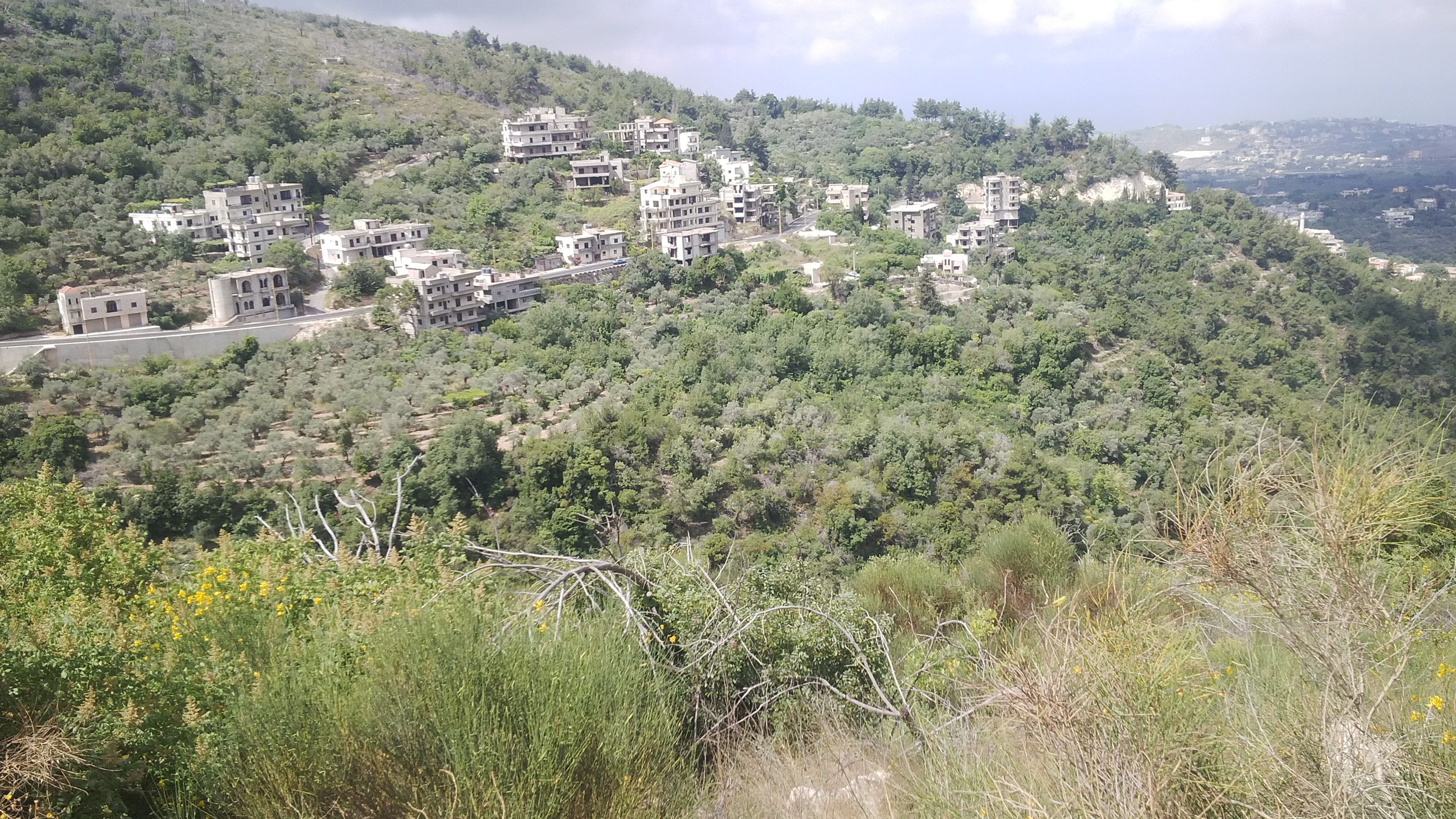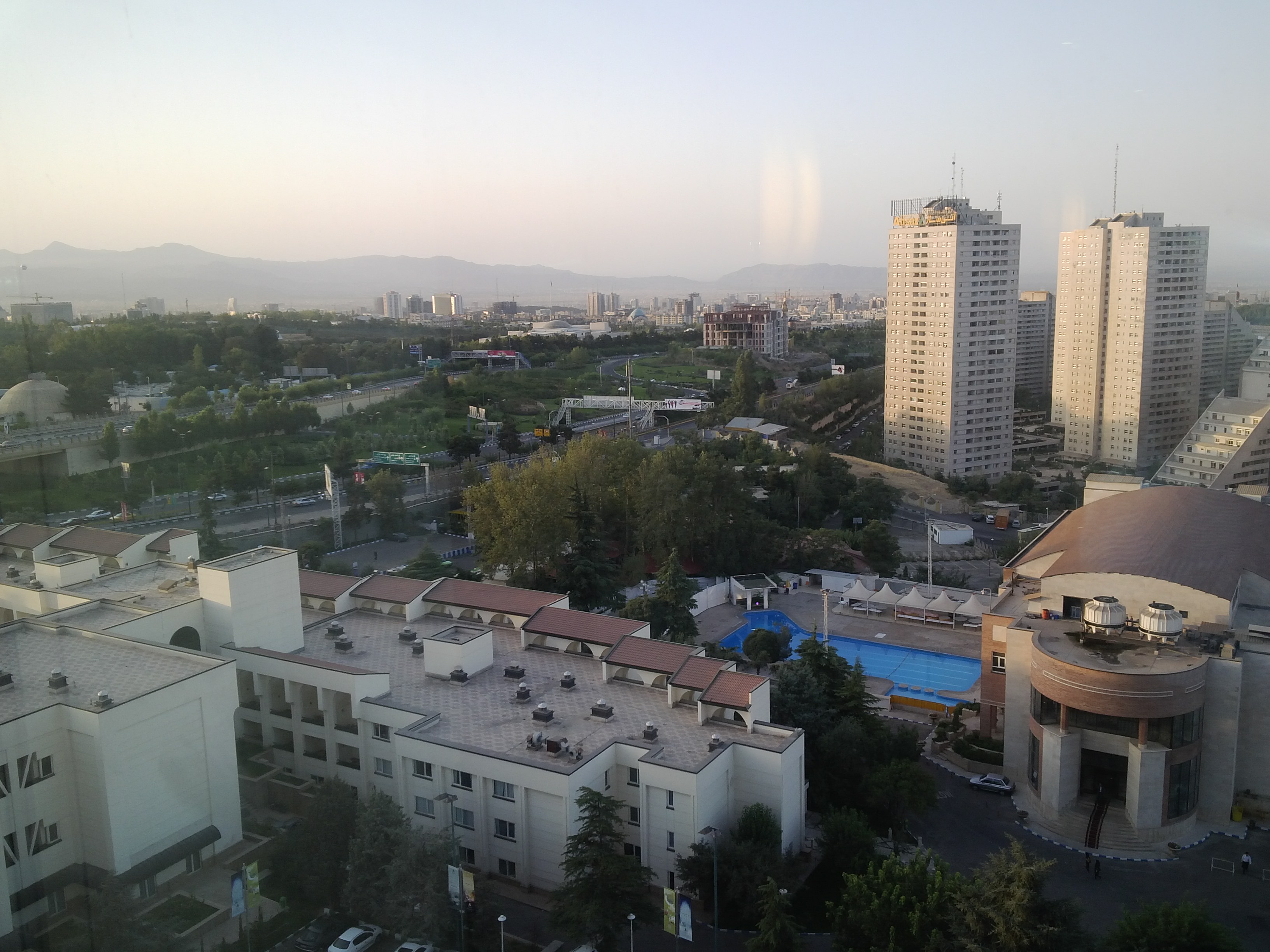Green Cities
Urban populations in the NENA region are projected to rise from 63 percent in 2023 to 73 percent by 2050, surpassing 450 million people. This rapid urban growth, often without effective land use planning, leads to significant environmental degradation. Urban sprawl consumes forests, green spaces, and agricultural lands, causing habitat loss, air pollution, and resource depletion. Water scarcity, worsened by poor management, intensifies as urban and rural areas compete for limited resources, impacting both agriculture and urban water access.
Cities also face rising poverty and food insecurity, particularly among low-income populations, who increasingly rely on informal food markets, resulting in inconsistent access to safe and nutritious food. The economic interdependence between urban and rural areas is clear—cities depend on rural regions for food and resources, while rural communities rely on urban markets for income and services. Without integrated development strategies, current urban expansion trends risk worsening environmental and social vulnerabilities.
Our work in action
FAO has been supporting NENA member countries on urban and peri-urban issues and is now providing technical support through these field projects in early stages under the GCI:

Landscape Approach to Riverine Forest Restoration, Biodiversity Conservation and Livelihoods in Sudan
In early stages of implementation in Sudan, this project seeks to enhance biodiversity and ecosystem services while improving the resilience of communities in the region. A pivotal aspect of this initiative is its focus on the Sunut Forest Reserve in Khartoum, aiming to restore and conserve riverine forests while fostering sustainable livelihoods for urban communities.

Green Urban Oasis
This project, currently being implemented in Jordan and Tunisia, aims to enhance urban forestry and greening to bolster resilience, health, and well-being in dryland urban communities. Currently, the initiative focuses on Amman, where it will rehabilitate children's parks, implement Green Roof Initiatives with local communities and schools, and provide technical and capacity-building support to stakeholders to promote urban agriculture. This comprehensive approach seeks to create integrated green oases and sustainable food systems in urban areas, particularly benefiting dryland environments.

Building Greener and Healthier Cities in Bahrain
This project aims to foster sustainable urban development and enhance environmental quality in Bahrain's cities. This initiative focuses on creating a long-term vision and strategic plan for greening urban areas, emphasizing the expansion and improvement of public spaces and green infrastructure tailored to Bahrain's arid climate. By promoting the use of green public spaces, the project seeks to directly enhance the health and wellbeing of Bahrain's residents. It outlines short, medium, and long-term action plans to transform urban systems, ensuring a sustainable and climate-adapted urban environment for the Kingdom of Bahrain.
